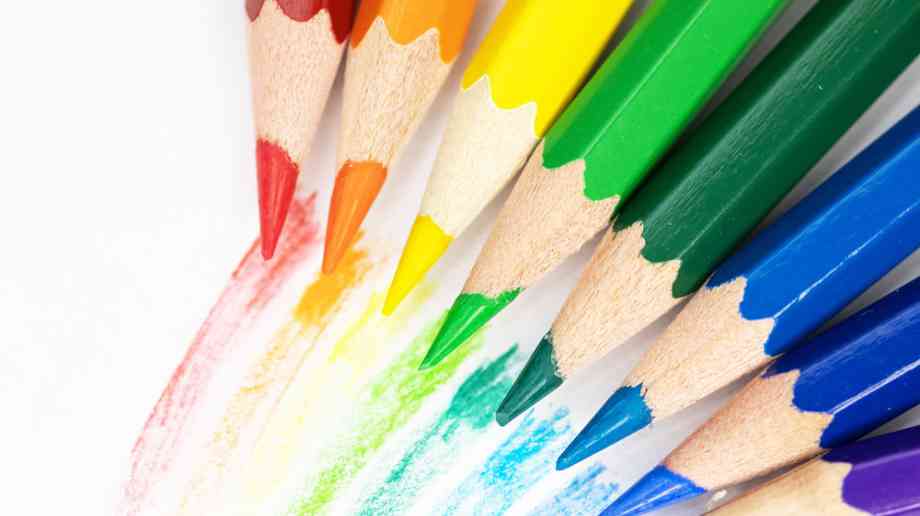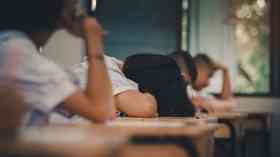Home / Child poverty and not studying the arts related
Child poverty and not studying the arts related

Research from the Cultural Learning Alliance (CLA) has revealed evidence of a clear relationship between child poverty and not studying Expressive Arts subjects, with these accounting for only 6.6% of all GCSE entries and 4.2% of A Levels in the most deprived fifth of local authorities.
By contrast, these subjects represent 8.3% of all GCSE entries and 5.4% of all A Levels in the least deprived fifth of local authorities, creating an ‘Arts entitlement gap’.
These findings from the 2025 Report Card demonstrate the impact of the systemic de-prioritisation of the Expressive Arts in secondary education since 2010. The report also highlights evidence indicating how this trend persists outside the classroom, with 11–19-year-olds in the two most deprived fifths of the country less likely (56%) to experience creative and cultural extra-curricular opportunities, compared to peers in the most affluent fifth (76%). This continues the prevalence of the ‘Arts enrichment gap’, which was revealed in last year’s Report Card.
Further, assessing the viability of the education sector to support young people studying the Expressive Arts, the Report Card found that the teaching workforce for these subjects is in crisis. Teacher recruitment has fallen on average by 66% since 2020/21 and Initial Teacher Training (ITT) recruitment for the same subjects has decreased on average by 30% since 2022/23. When comparing 2023/24 ITT recruitment to 2020/21 figures, a severe decline is evident, particularly for art and design (84%); music (76%); drama (60%); and design and technology (45%).
Compiling these findings, the CLA has identified Expressive Arts education and access to these opportunities and experiences as a social justice issue which has significant long-term effects. The surveys presented show that children who attend music and art clubs are 56% more likely to be admitted to university than those who don’t, and that young adults from working class backgrounds are four times less likely to work in the creative industries compared to middle-class peers.
The CLA is therefore calling for systemic change to make the Expressive Arts a core and equal curriculum area, and a new arts teacher training commitment from the Government, to ensure all young people have access to an arts-rich education that will provide them with skills for life and work.
Sarah Kilpatrick, Spokesperson for the Arts and Minds Campaign and President of the National Education Union, said: “The glaring inequalities in provision have become a national scandal. Arts education should be a right for all children and young people. But for many students, it is a right denied.
“As this research shows not only are arts subjects disappearing from our schools there is also now a shortage of specialist arts teachers. The entitlement gap in access to the arts will only close if we can invest in arts and creative education and the workforce who deliver it. The dire state of school funding that has led to so many cuts to provision across education must also be addressed.
“I welcome this Report Card and look forward to working closely alongside our partners in the sector to ensure arts education has a central place in a broad and balanced curriculum.”
In addition to socioeconomic disparities, the research found that uptake of the Expressive Arts continues to decline at GCSE and A Level. In 2009/10, Expressive Arts subjects comprised 14% of all GCSE entries however, by 2023/24 this figure had more than halved, standing at 6.8%.
At A Level, Expressive Arts entries accounted for 13% of all entries in 2009/10 but comprised only 9.4% of all entries in 2023/24. At a subject level, the A Level figures are even more stark, with a decrease of 48% in drama, 43% in music and 41% in design and technology in the same time period.
While these decreases reflect the previous government’s focus on ‘core’ subjects in school, they also show how young people have fewer opportunities to develop the seven evidenced personal and societal benefits of studying Expressive Arts subjects – agency, wellbeing, communication, empathy, collaboration, creativity and critical thinking – all of which have high value amongst employers.
The CLA has developed a series of interventions to ensure equal curriculum areas, including the Expressive Arts. This includes setting new purposes for education – with the Expressive Arts as a core and equal curriculum area. They call for a minimum four-hour Expressive Arts entitlement within the school week, and a complete reform of the school accountability system and changes to student assessment. They also call for an entitlement to teacher training and teacher development opportunities for Expressive Arts subjects.
Latest News
01/10/2025 - 10:23
The Welsh Government has agreed to continue a licensing deal which will give all learners at Welsh state schools free access to Microsoft 365 at school and at home.
01/10/2025 - 09:51
Schools will play a greater role in ensuring every pupil has a clear post-16 destination, with a new approach to a guaranteed college or FE provider place available as a safety net being tested.
30/09/2025 - 09:51
The Chancellor has committed over £10 million in funding to guarantee a library for all primary schools by the end of this parliament.
30/09/2025 - 09:45
New data from Ofqual shows that schools and colleges across England are making progress in cyber security training, but are struggling to recover quickly from attacks when they occur.
29/09/2025 - 10:34
Low-income White children (LIWC) are among the least engaged pupils in England’s schools, according to new research.







